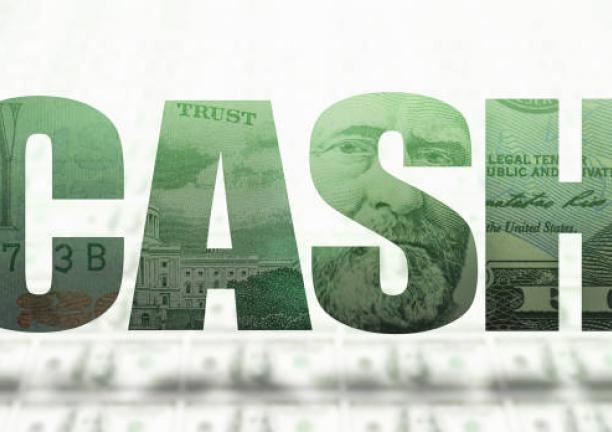The Bottom Line: The trend of launching actively managed ETFs continues into 2023 through January, subject to higher expense ratios and challenging record of underperformance.
Mutual funds/share classes and ETFs launched in January 2023
Fund Firm | Mutual Fund/ETF | AUM (M)* | Expense Ratio (%) | Sustainable Investing Approach (Summary) |
Calamos Advisors# | Calamos Antetokounmpo Global Sustainable Equities ETF | 0.95 | Seeking companies with attractive ESG attributes on top of financial considerations, using a three-pronged ESG process that consists of: 1) exclusionary screens; 2) materiality assessments and 3) environmental and social impact scoring. | |
GuideStone Capital Management# | GuideStone Funds Impact Bond Instl GuideStone Funds Impact Bond Inv GuideStone Funds Impact Equity Instl GuideStone Funds Impact Equity Inv | 42.5 9.3 61.4 13.4 | 0.5 0.79 0.86 1.21 | Values-based: Exclusions based on Christian values focusing on sanctity of life and spreading the gospel; human dignity and advancement; and stewardship of god’s creation. |
BlackRock/ | iShares ESG Aware MSCI USA Growth ETF iShares ESG Aware MSCI USA Value ETF | 4.1
4.1 | 0.18
0.18 | ESG integration, positive characteristics + exclusions based on certain business practices and involvement in very severe, ongoing business controversies. |
Putnam Investment Management# | Putnam PanAgora ESG Emerging Markets Equity ETF Putnam PanAgora ESG International Equity | 0.35 0.55 0.25 0.6
0.49 | ESG integration using a sector specific approach that will vary when applied to corporate issuers, securitized debt, and sovereign debt. |
Notes of Explanation: New listings exclude the addition of new share classes. *As reported, otherwise blank. #Actively managed funds. ^Index funds. M=Millions. Data as of January 31, 2023. Sources: Morningstar Direct and Sustainable Research and Analysis.
Observations:
- Continuing a trend that was observed throughout 2022 during which new fund launches were dominated by actively managed investment funds versus passively managed or index funds, eight of 10 new fund launches during the first month of 2023 were actively managed mutual funds and ETFs. In particular, eight new ETFs were listed, six of which are actively managed. These funds, consisting of 12 funds/share classes, added a combined total of $134.8 million in assets under management.
- Even as actively managed ETFs are expanding, they still make up only 5.8% of total sustainable ETF assets under management. Actively managed mutual funds, on the other hand, account for 87.2% of sustainable assets under management.
- Listed by four firms, the newly launched funds consist of four actively managed fixed income funds and six equity-oriented funds, of which four are actively managed. The list includes a first time ETF offering by Calamos Advisors LLC.
- The 10 new funds pursue a range of sustainable investing approaches, from values-based to various forms of ESG integration that combine exclusions. As used here, sustainable investing refers to an overarching term that encapsulates the different strategies and approaches being employed today by investment managers and reflected in investment products such as mutual funds and ETFs. The overarching sustainable investing strategies/approaches include values-based investing, negative/exclusionary screening, impact investing, thematic investing and ESG integration in its various forms. In addition, proxy voting and issuer engagement may be employed as an overlay by one or more of the aforementioned approaches.
- The average expense ratio for the actively managed funds is 66 basis points, ranging from a low of 25 basis points to a high of 121 basis points. This is almost four times higher than the 18 basis points each levied by the two iShares listed index funds, the iShares ESG Aware MSCI USA Growth ETF and the iShares ESG Aware MSCI USA Value ETF.
- While declining markets provide an opportunity for active managers to add value, active managers across a broad mix of fund categories over short and long-term time intervals fail to outperform their comparison securities market index with underperformance rates increasing over longer time periods.





